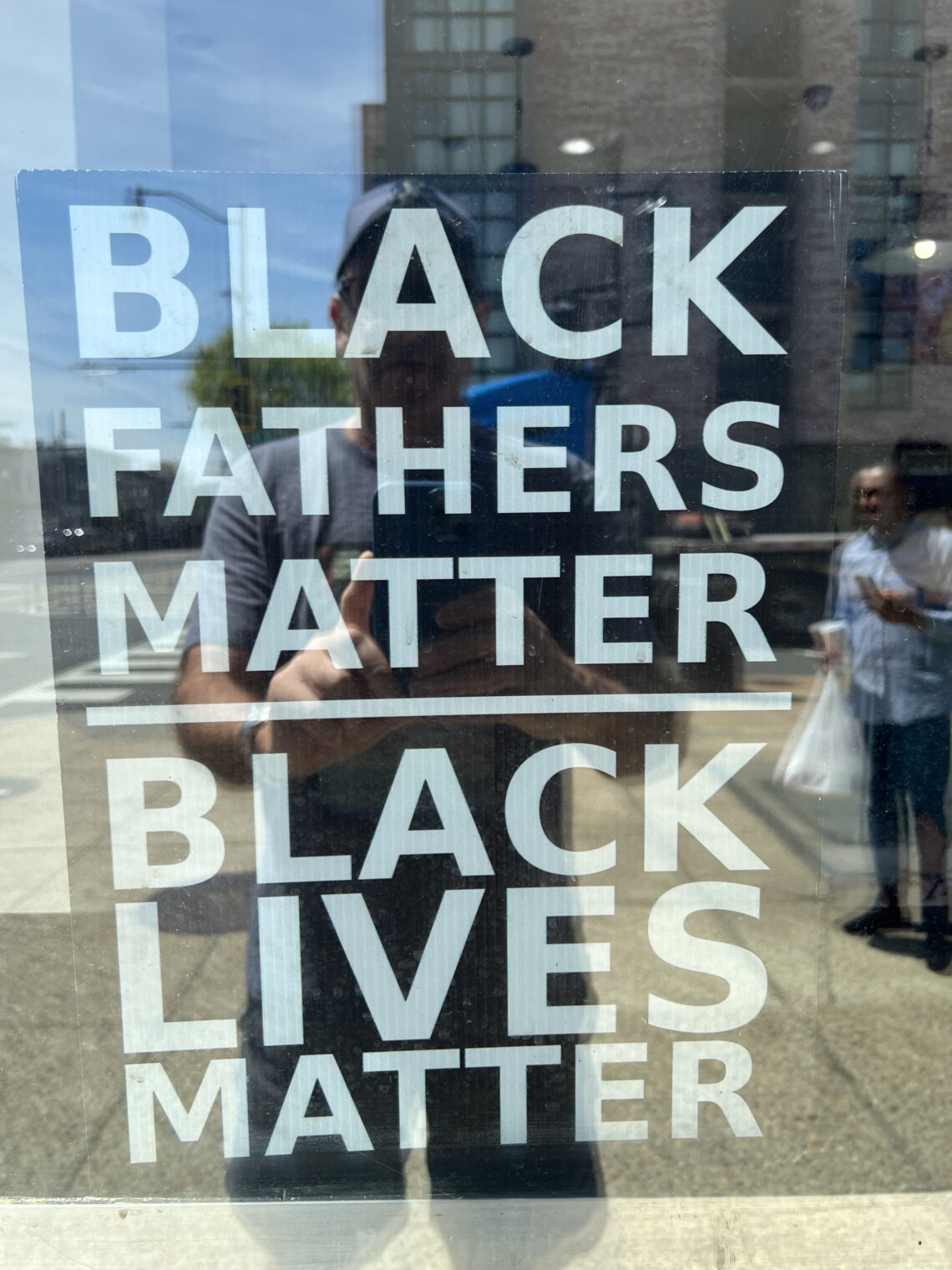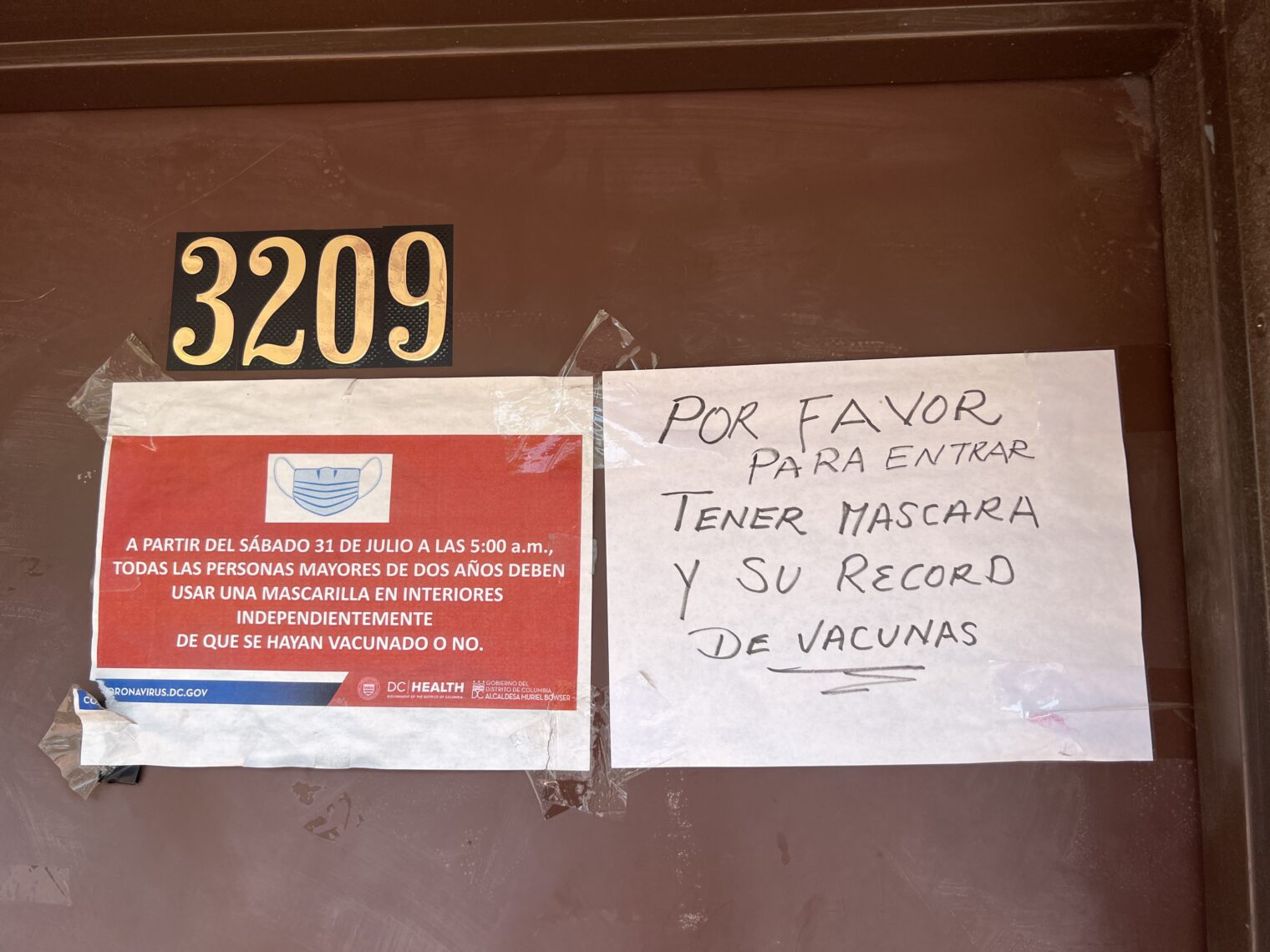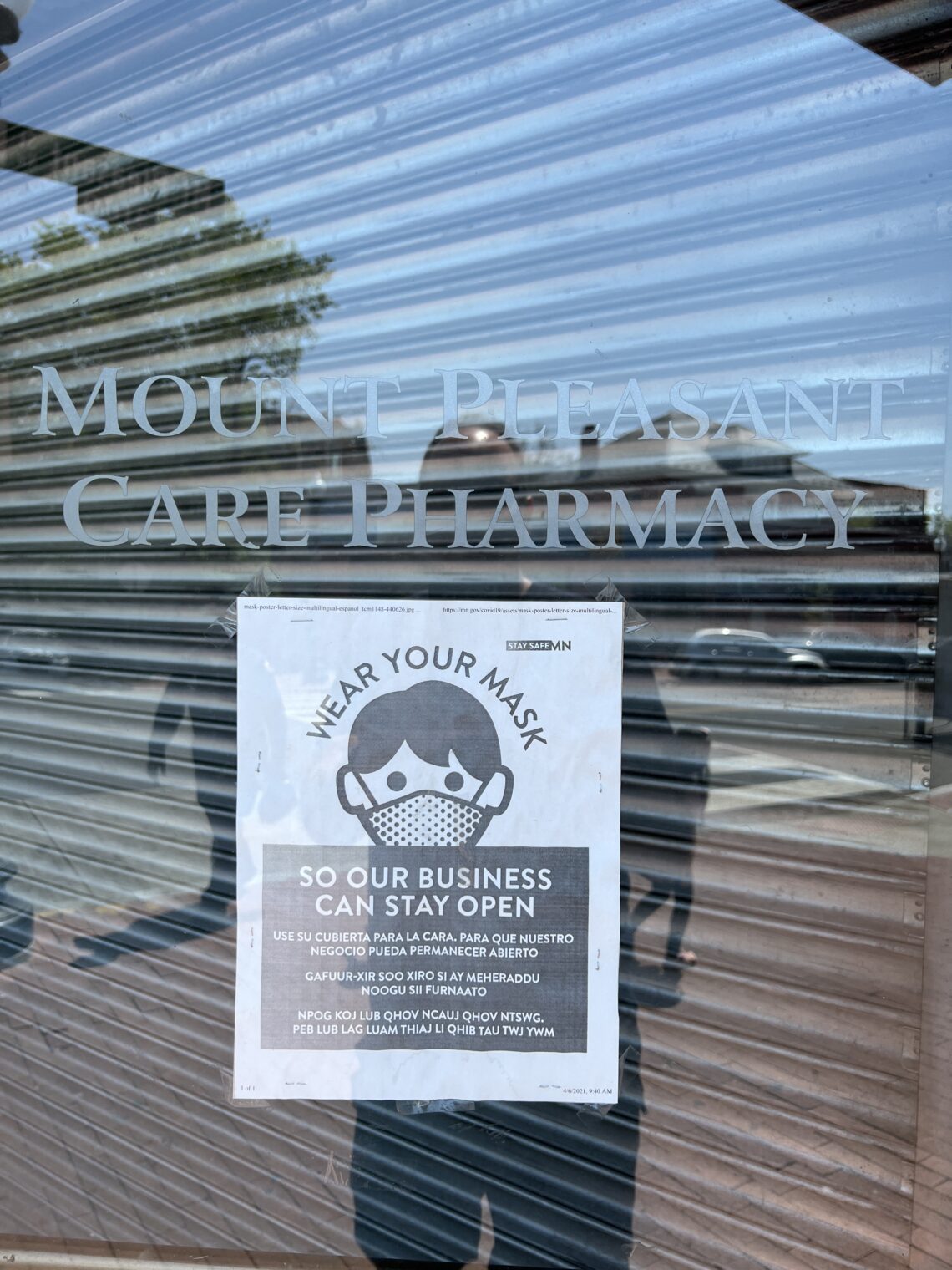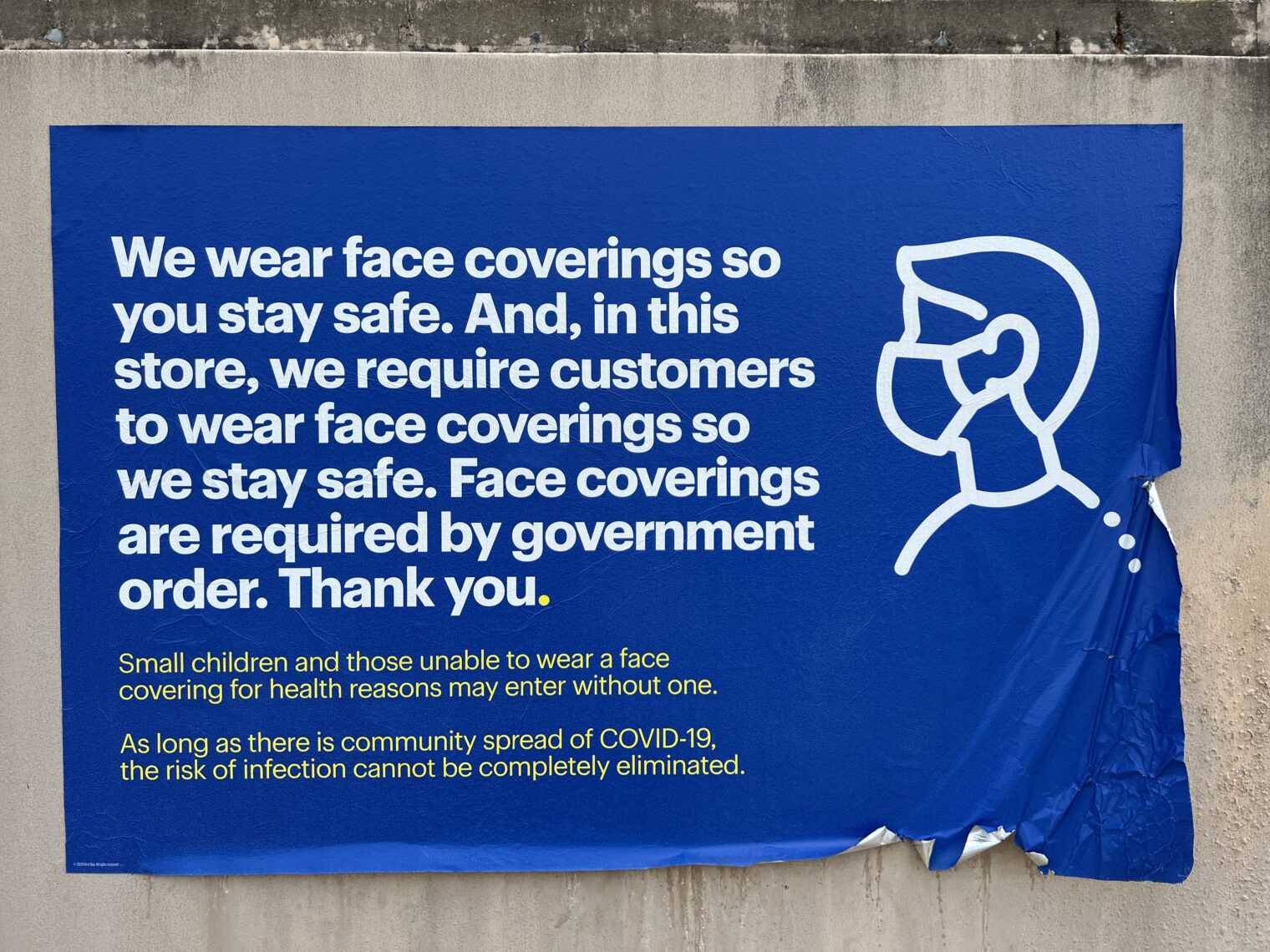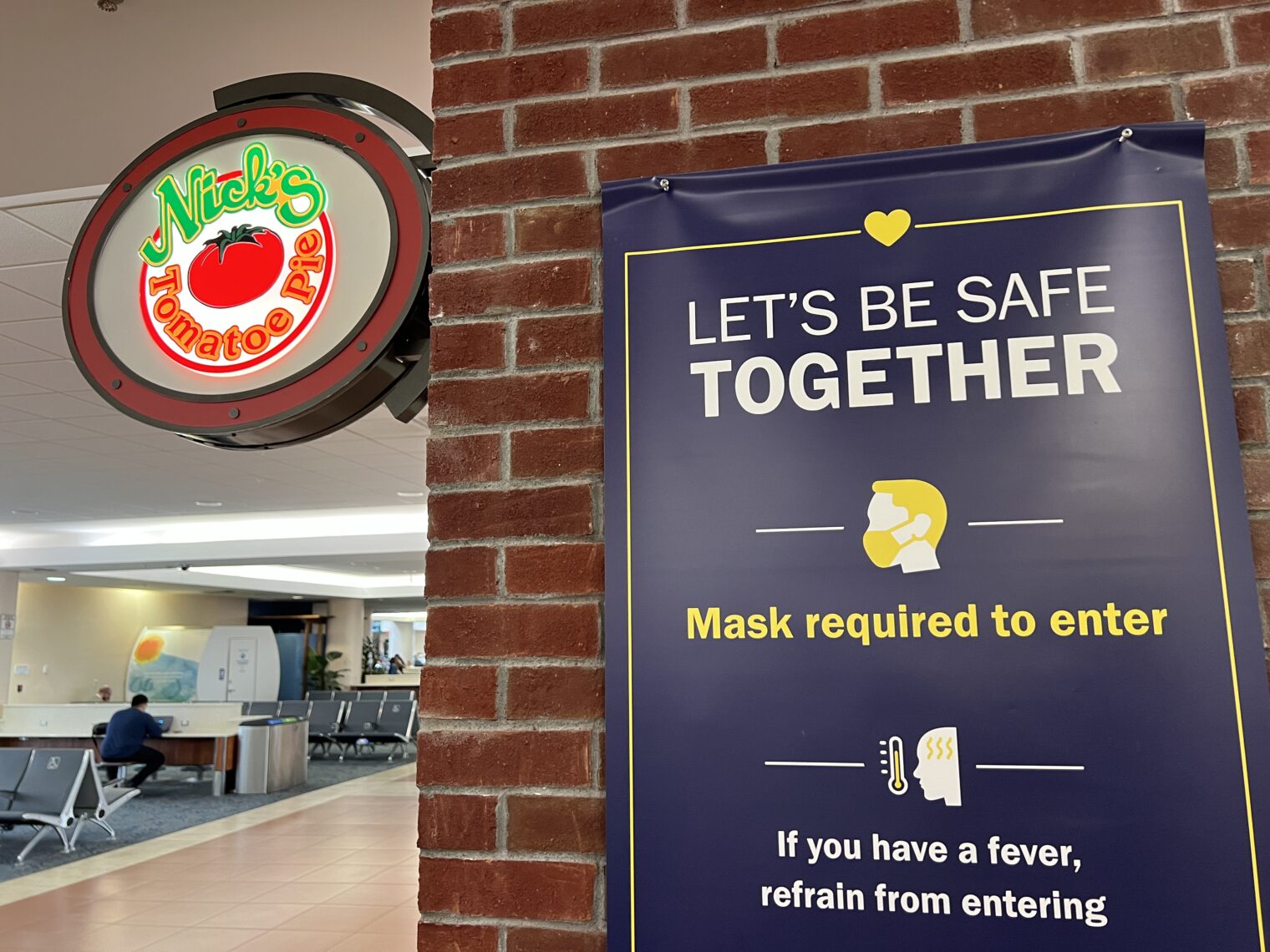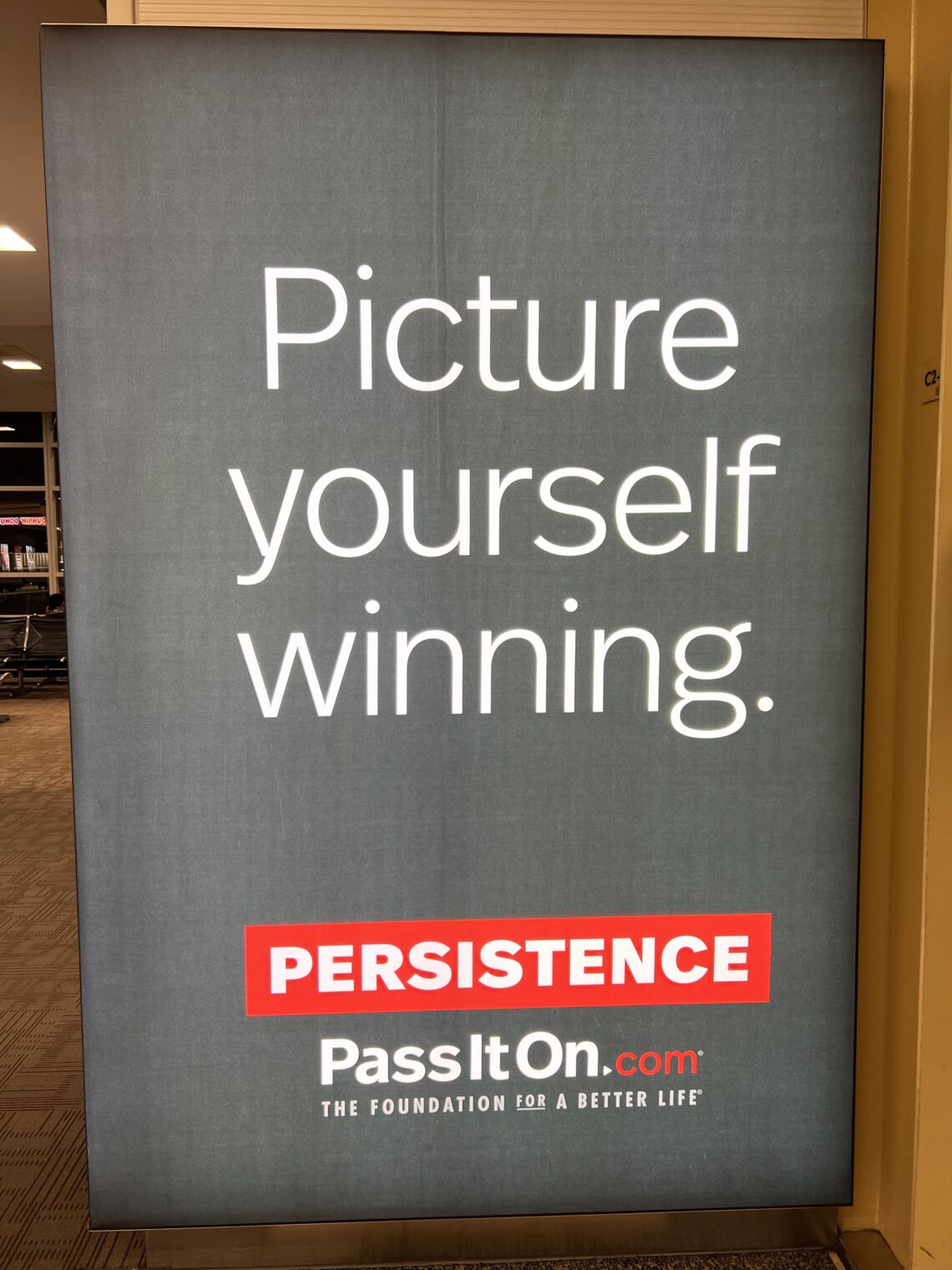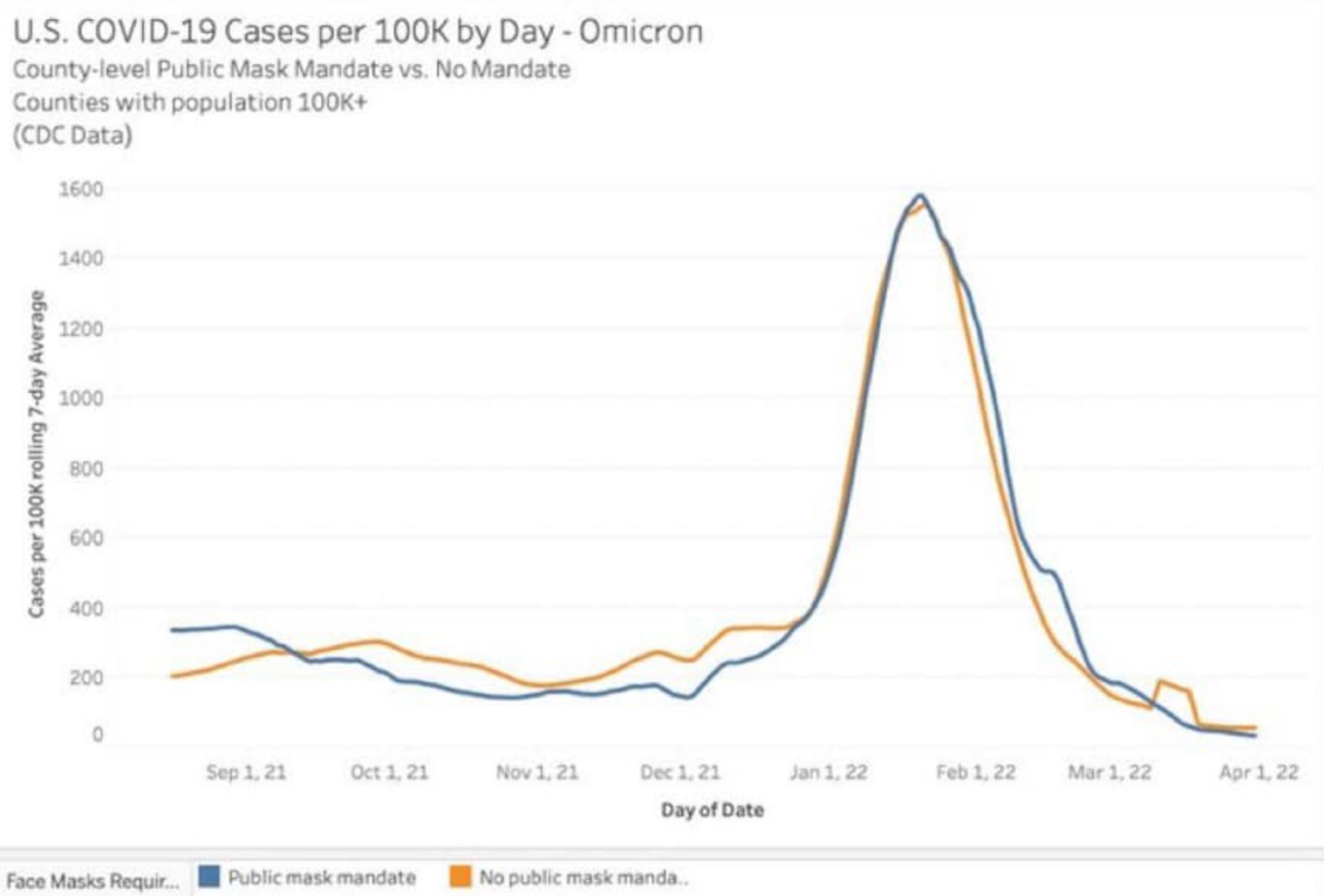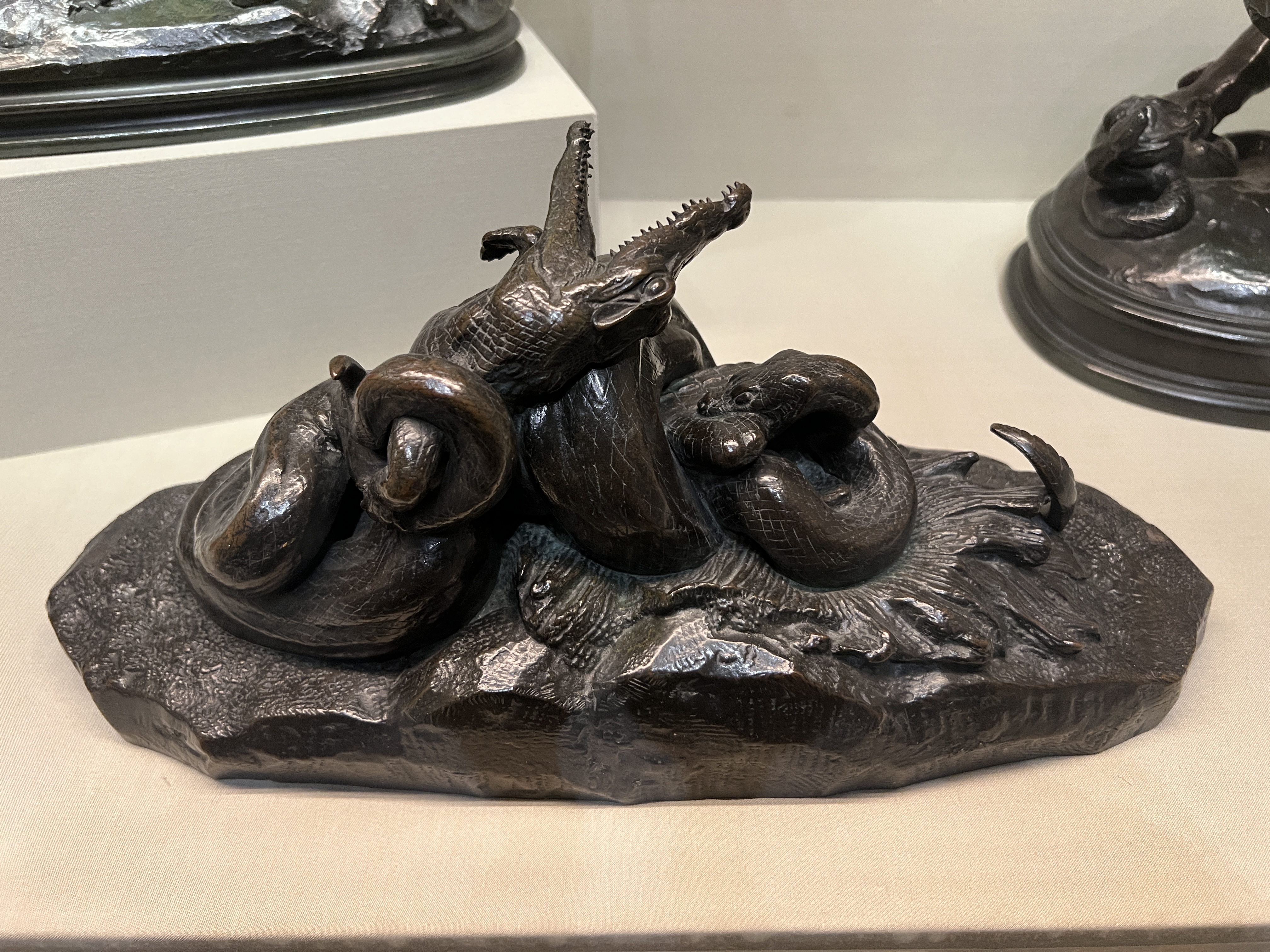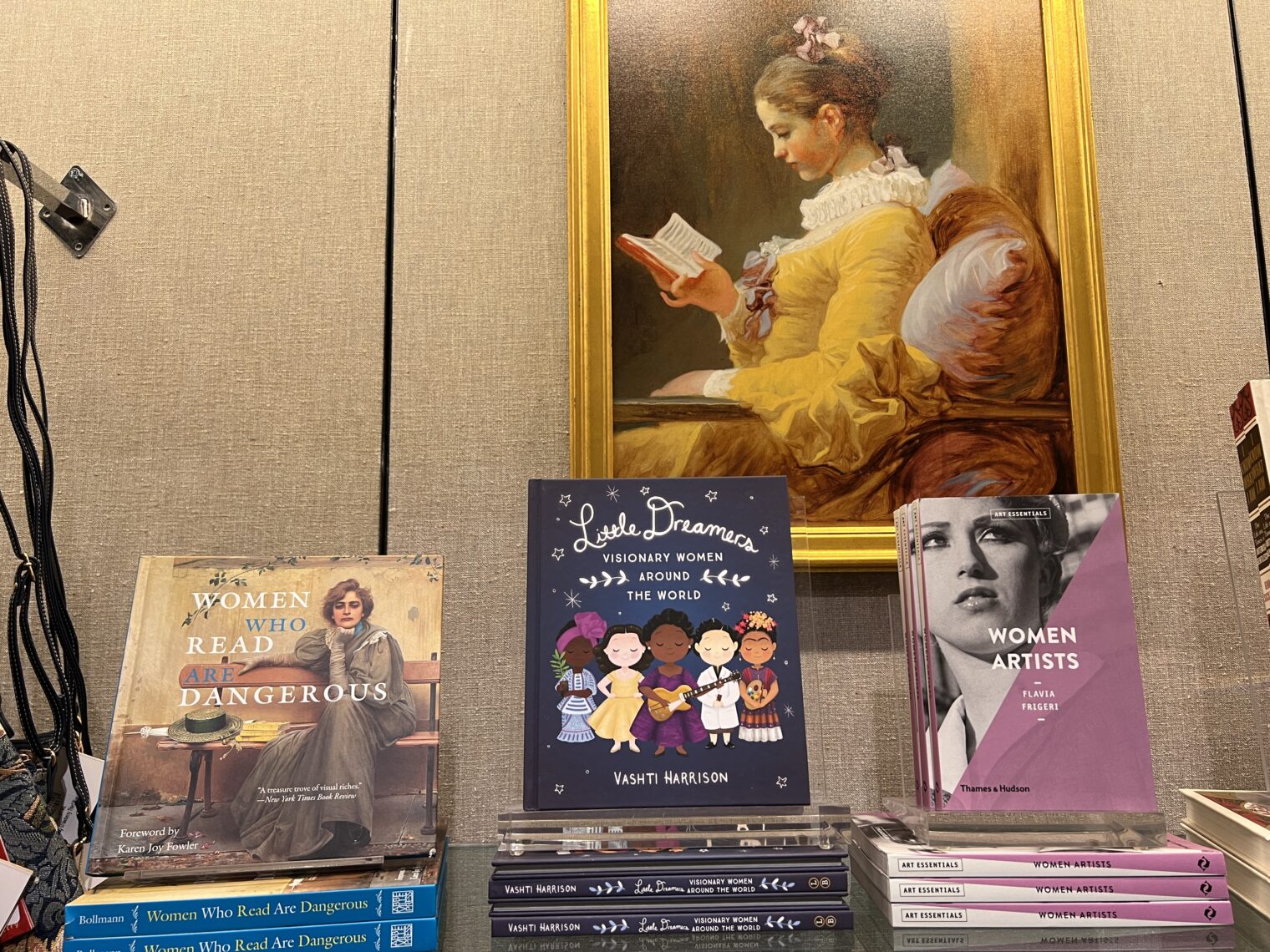Now that Texas is sending migrants to D.C., are some humans illegal?
One of the reliable features of non-welfare neighborhoods of Washington, D.C. has been a “migrants welcome” sign in the typical front yard. Now that Texas is sending asylum-seekers directly to D.C., however, it seems that the formerly popular “No Matter, Where You Are From, We’re Glad You’re Our Neighbor” signs are gone. I didn’t see a single one. Some houses still had the Progressive Catechism signs, which include “No Human Being is Illegal,” but not nearly as many as on previous visits:

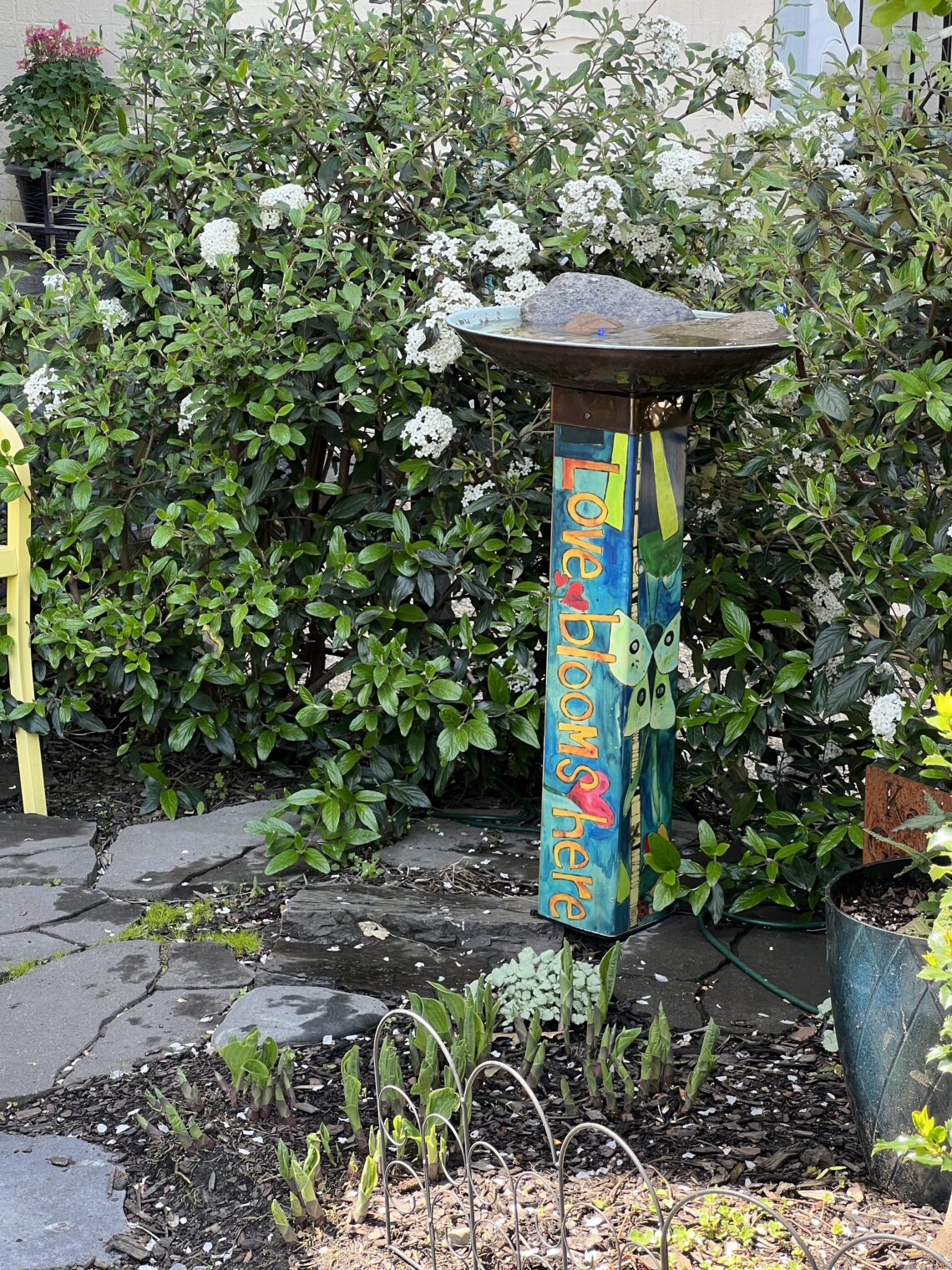
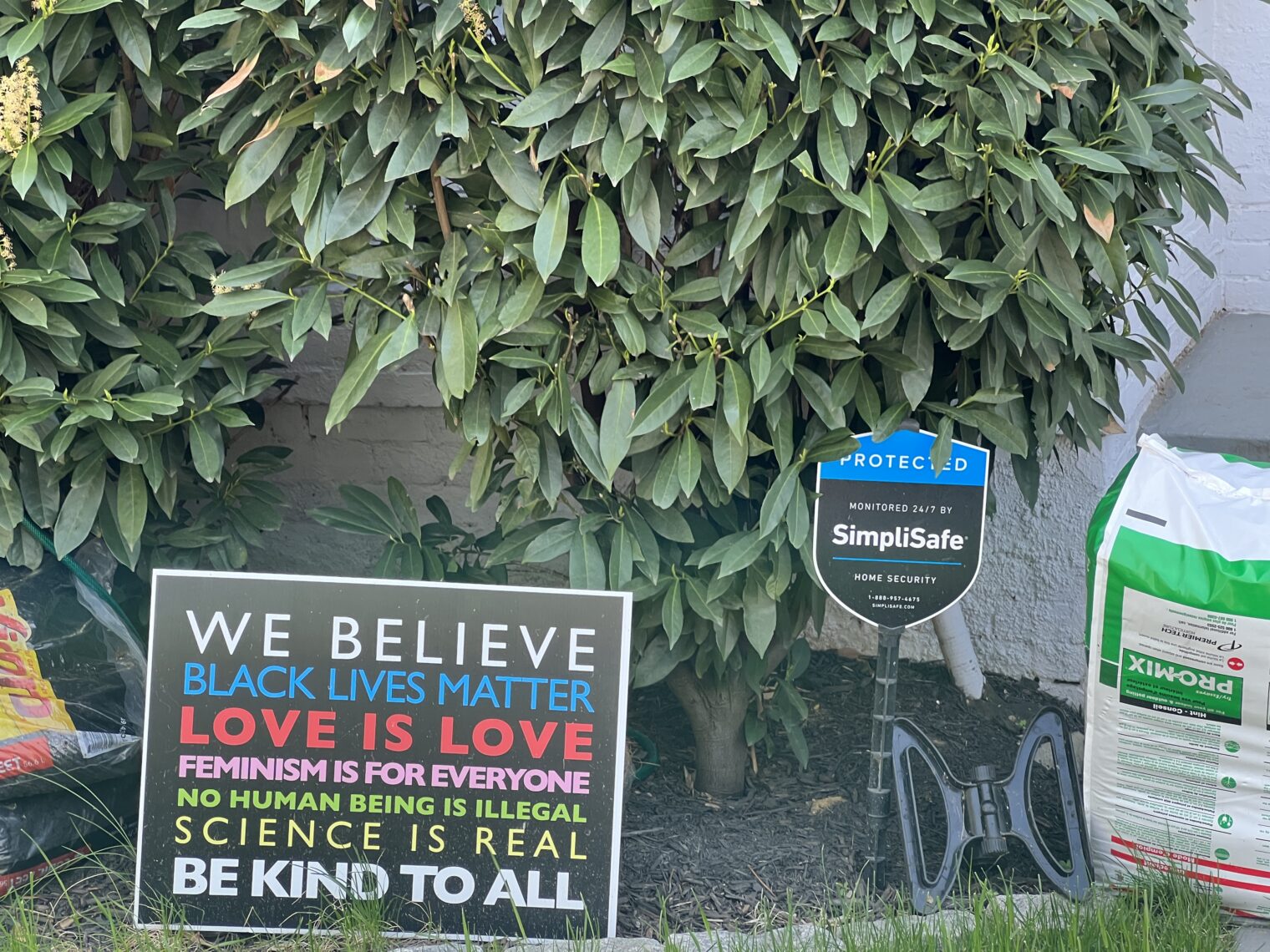
The alarm system signs are far more numerous than two years ago. BLM signs remain as or more popular than ever. Here’s a variation (“Black Fathers Matter”), presumably from someone who has never been to an American family court:
For those who subscribe to the heresy that white lives might matter, the city has helpfully put up signs from when Northeast D.C. was, apparently, a mostly-white neighborhood:


Some more yards. Note the alarm system signs and the signs calling for D.C. statehood.
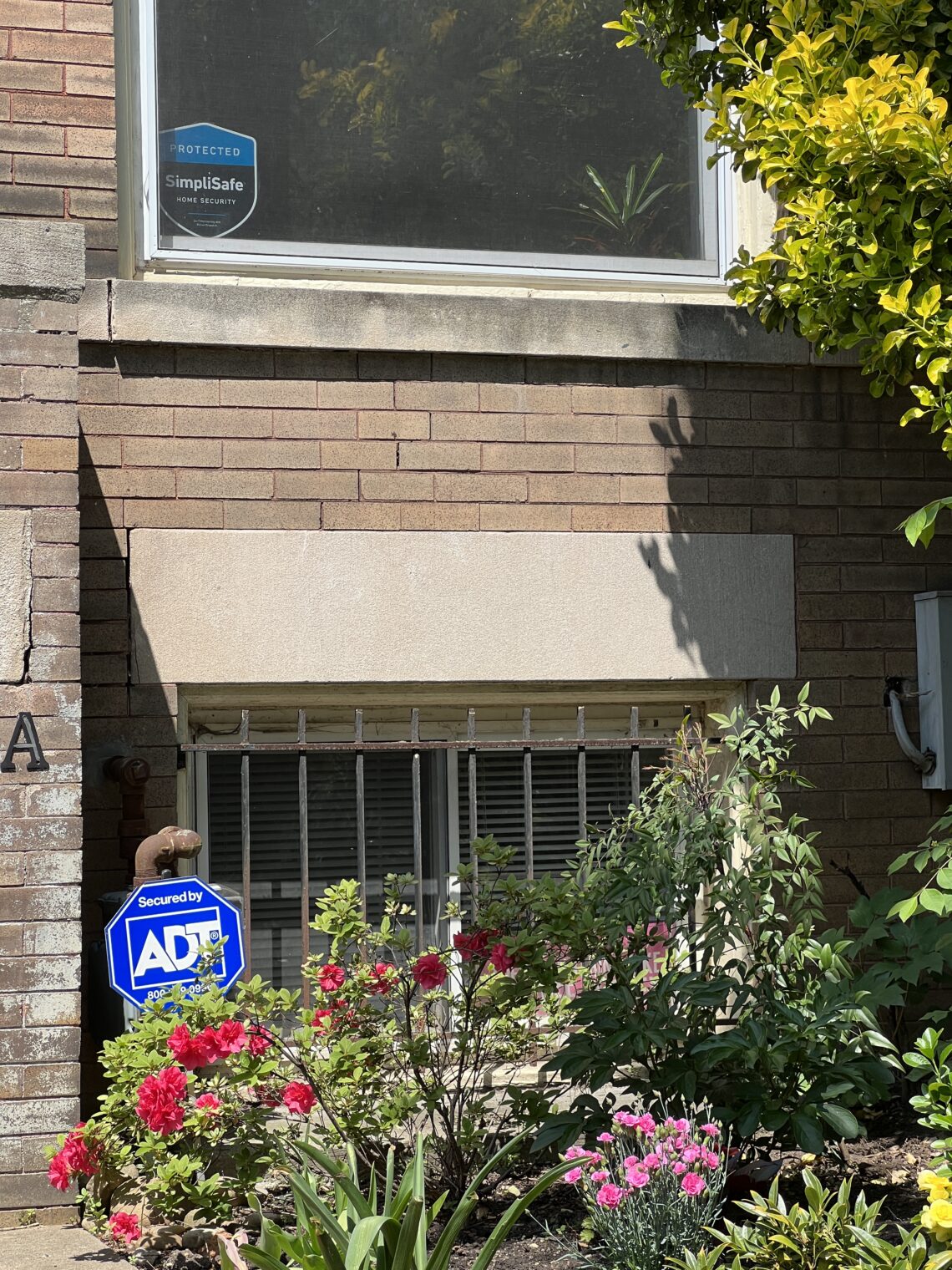
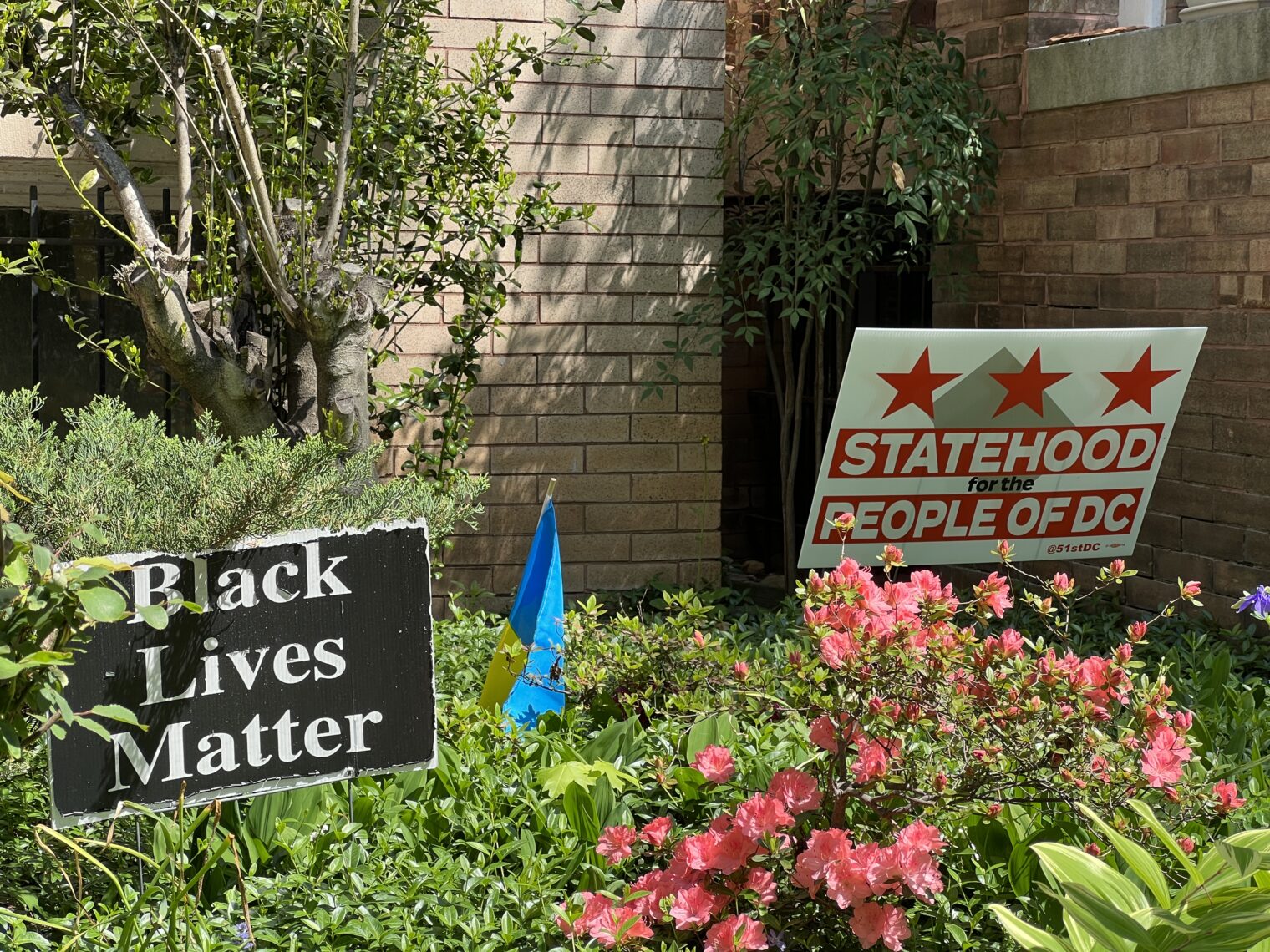
Migrants from Spanish-speaking countries might nonetheless feel welcome because a high percentage of signs are presented in Spanish. Example:
Here’s a sign in four languages:
Perhaps because the flow of the undocumented has been reduced during coronapanic, crime in D.C. seems to be up (we are informed by the media that filling a city with low-skill migrants reduces crime). In addition to all of the alarm system signs, I noticed that a Best Buy in suburban Rockville, Maryland, had hired off duty police officers for continuous on-site protection against “smash-and-grab” looting.
The police cruiser was kept parked in front of the doors while the police officer was inside wearing body armor and a gun. This is in Montgomery County, Maryland, mind you, which is one of the richest places in the U.S. (government employment, government contracting, and lobbying are, apparently, lucrative!). A “face coverings are required by government order” sign was out front as well, though I believe that the order has actually expired.
Related:
- “Washington D.C. sees recent increase in cases of violent crime” (Capital News Service, 4/19/2022): Total violent crime is on the rise in 2022. By April 19, 2021, all violent crime in Washington D.C. was at 961 cases. By April 19 of this year, violent crime had already surpassed that at 1,230 cases, an almost 28 percent increase.
- “3 in 10 District residents do not feel safe in their neighborhoods, Post poll finds” (Washington Post, 2/25/2022)
